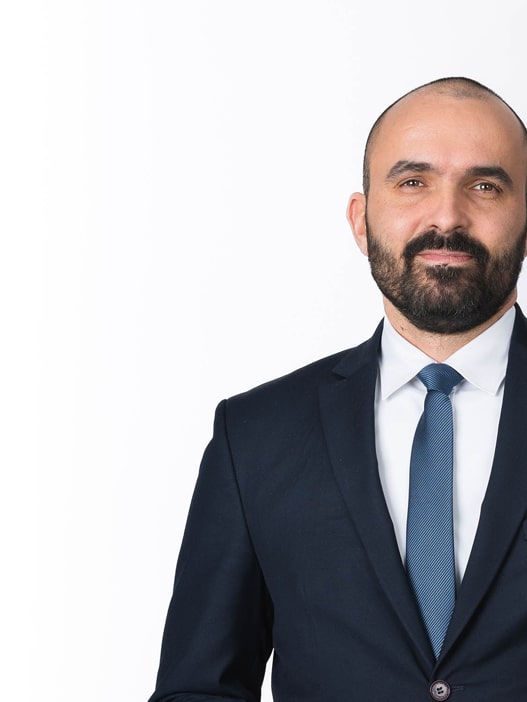European Islands as drivers of sustainable development in clean energy
Europe’s islands face significant challenges, such as inadequate transport links with the mainland, scarcity of resources, fragile economic activity limited by size and seasonality, unemployment and emigration as the younger population leaves in search of job security.
The European Islands Facility – NESOI aims to fund 60 successful energy transition projects which have the greatest potential to change these dynamics while facilitating growth in renewable energy production. As a NESOI partner, Wolf Theiss will manage the associated legal complexities, which are typically a significant challenge in the development of sustainable island projects.
Islands often rely on imported fossil fuels and are dependent on mainland energy networks. Island regions, especially in the Mediterranean, have developed a strong tourist industry which places an overwhelming strain on their ecosystems and energy systems, especially during the popular summer months.
These islands typically face major challenges such as the production and storage of renewable energy, water management, sustainable mobility and protection of the environment. As their own resources are usually insufficient to develop and fund large-scale sustainable projects, the European Union has developed several tools to support the islands in these efforts.
Clean energy for EU Islands improves sustainability and structural challenges
The European Union has put a special focus on regions which suffer from severe and permanent natural or demographic challenges, such as Europe’s islands. This has resulted in several highly successful initiatives aimed at promoting the development and the sustainability of the islands.
As part of the ‘Clean Energy for all Europeans’ package, the Clean Energy for EU Islands Initiative aims to:
- reduce energy costs and increase production of renewable energy and the construction of energy storage facilities and demand response systems;
- improve energy security for EU islands and reduce energy imports;
- improve air quality, lower greenhouse gas emissions, and lessen tourism’s impact on the islands’ natural environments; and
- create new jobs and business opportunities, boosting the economic self-sufficiency of the islands.
This framework includes the European Islands Facility – NESOI, funded by the European Commission, and aims to fund 60 successful energy transition projects, mobilising more than €100 million of investment to significantly reduce CO2 and greenhouse gas emissions by 2023. To achieve this, the project team of NESOI (New Energy Solutions Optimised for Islands) will build on the work of the “Clean Energy for EU Islands Secretariat” to foster and deliver bankable clean energy projects.
Wolf Theiss is proud to participate in the NESOI platform as a project member, tasked with legal matters, which allows us to leverage our extensive experience and expertise to support and promote this platform for the sustainable development of EU islands. A recent survey conducted of the islands has identified legal complexity as one of the most significant barriers to the development of sustainable projects on the islands. It is our goal to help EU islands cut through this legal complexity in their efforts to develop sustainable island projects.
How islands’ development will promote clean energy across the EU
Islands are becoming increasingly exposed to the impact of climate change on their local environment and lifestyle. However, despite these problems, many studies suggest that islands can create opportunities for themselves by turning these challenges into competitive advantages. For example, islands are becoming more innovative and dedicated to the promotion of new technologies and sustainable solutions.
With the use of green technologies and smart specialisation, islands can protect their natural resources and become positive examples of self-sustainability. By virtue of their efforts, they are acting as testing grounds to develop technological and economic solutions in the fields of sustainable development, clean energy, environment protection, transport and mobility.
Remote regions on EU mainland share similar challenges as islands
Islands are at the forefront of developing sustainable, long-term solutions that support the EU clean energy goals. However, the problems that the islands face are certainly not exclusive to them. The remoteness of individual regions on the mainland also leads to a range of issues comparable to those of the islands – e.g. poor connectivity, underdevelopment, energy poverty and unemployment, to name just a few.
The solutions that are brought forth in the islands’ initiative are thus certain to have a deep and profound impact on sustainable development throughout Europe, and especially its most underdeveloped regions. For this reason, it is extremely important for all stakeholders, such as industry, local and regional governments, civil society organisations and academia, to pay particular attention to the sustainable development of islands as the vanguard for exciting “green” changes to come.
